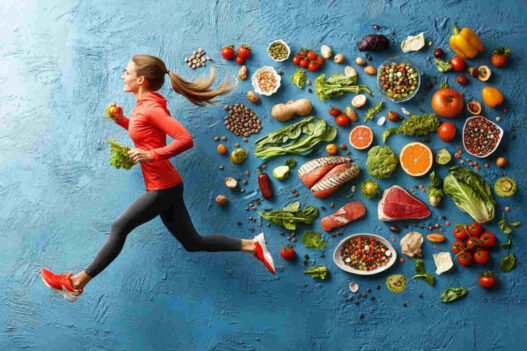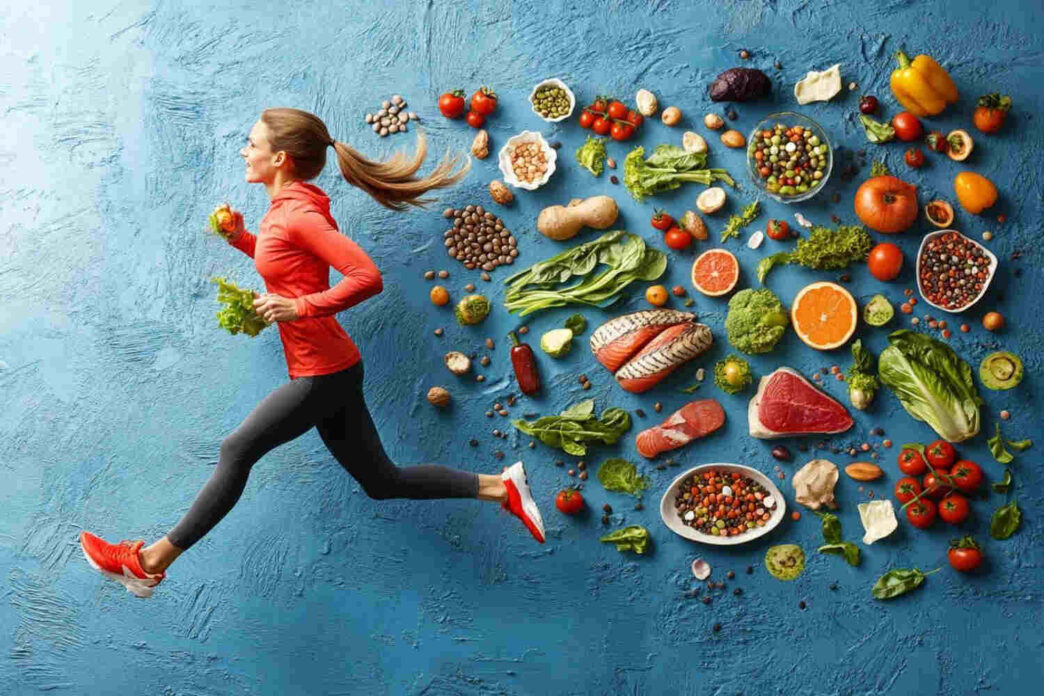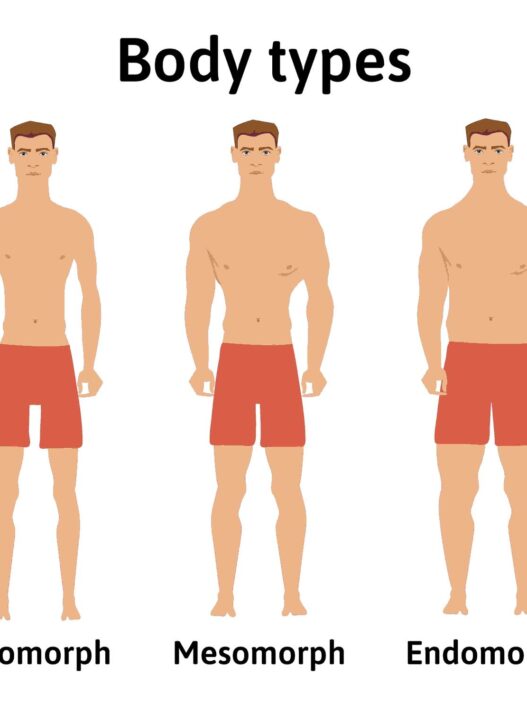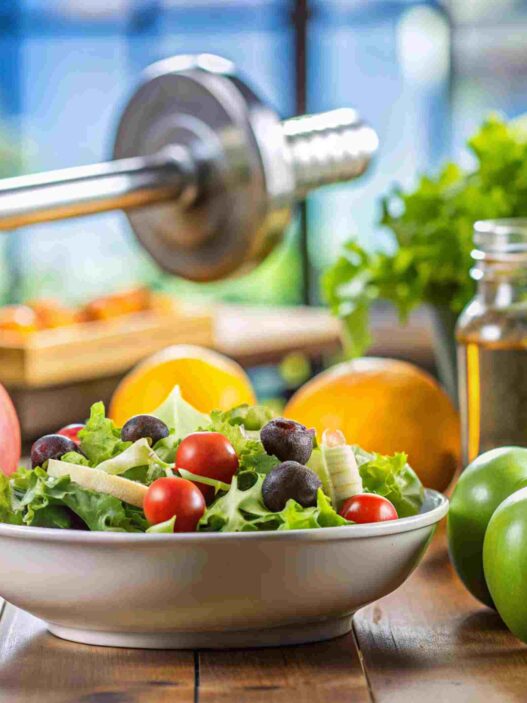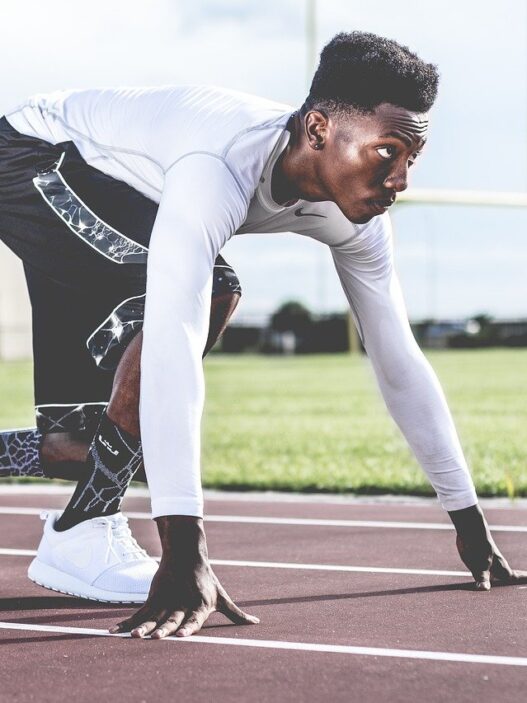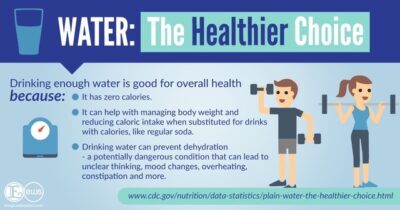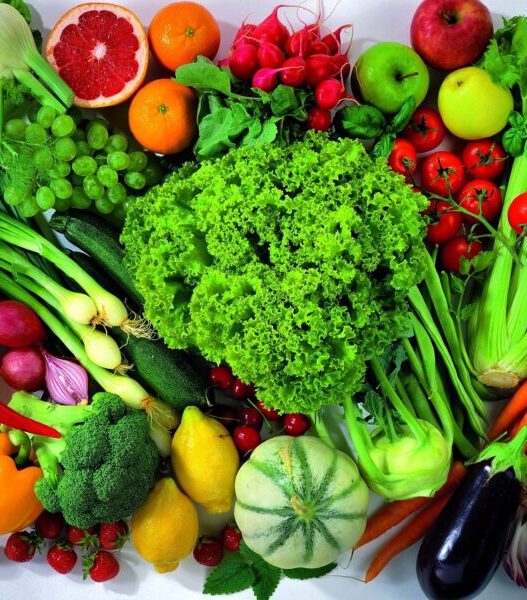Sports nutrition and its importance
Sports nutrition refers to nutritional strategies specifically implemented to promote an athlete’s performance. This can help the athlete prepare for and recover from training and competition. The goal of sports nutrition is to provide the right kind of food, energy, nutrients, and fluids so that the athlete can optimize their performance. Both nutrition and hydration play an important role. A sports nutrition plan by a sports nutritionist can vary from day to day, depending on the specific energy needs.
Sports nutrients focus its research on the type, in addition to the amount of fluids and meals taken by an athlete. In addition, the field of sports nutrition offers guidance on the intake of vitamins, minerals, dietary supplements, and natural materials that consist of carbohydrates, proteins, and fats. An athlete’s weight-reduction plan isn’t always a great deal than striving to be healthy. One needs to pick from all the healthy meals groups. However, athletes may also want to consume extra or much fewer foods, relying upon:
- The sort of sport
- The quantity of training you do
- The amount of time they spend training
The mental side of sports nutrition deals with different mental states of an athlete with regards to ingesting issues of required nutrients for sports activities among athlete
Consuming the right amount of food and drink is vital for everyone but for those actively participating in sports, this may additionally affect their performance. For example, athletes might require extra energy than an average individual. Similarly, people training for bodybuilding competitions might require an extra protein intake. A very good nutrient plan is thus the key to success and a sports nutritionist can help.
Hydration & Sports Nutrition
Water is the most important nutrient for athletes. Water makes up about 60% of body weight and is essential for almost all bodily functions. Since your body is unable to produce or store water, you must replenish the water you lose through your urine and sweat.
Drinking cool water is the best way to stay hydrated during workouts or events that last an hour or less. Sports drinks with 6 to 10 hydrates can help you stay hydrated during longer events. For most sports activities, liquids need to be diluted with approximately 50% water.
Since thirst is an unreliable way to tell if you need water, be sure to drink even if you’re not thirsty. You won’t start to feel thirsty until you’ve already lost about 2% of your body weight, enough to compromise your performance. If you stop drinking water as soon as your thirst is satisfied, you will only get half the amount you need.

Fuel Sources In Sports Nutrition
A balanced diet is another key to sports nutrition where a sports nutritionist can help. Eating the right combination of fuel (calories) from carbohydrates, protein and fat will give you energy for peak performance.

Fuel Up – Carbohydrates
Carbohydrates, the most important fuel source, should provide about 60-70% of your daily calories. In general, the more intense the training program, the more carbohydrates they should include in the diet.
A low-carbohydrate diet can lead to a lack of energy during exercise, early fatigue, poor concentration, and slower recovery. In general, athletes who regularly train intensely need to ensure that they get enough energy from foods, including carbohydrates.
If the right amounts of food and fluids are eaten and drunk before, during, and after exercising, overall performance may be maximized throughout exercise and restoration after sustained exercise.
Your body converts the sugars and starches in carbohydrates into energy (glucose) or stores them in the liver and muscle tissue (glycogen). This gives you stamina and power for high-intensity, short-duration activities.
Repair – Proteins
Proteins are often called the building blocks of the body. Protein includes mixtures of systems referred to as amino acids that integrate into diverse approaches to make muscles, bones, tendons, skin, hair, and different tissues.
Regular protein intake for both athletes and non-athletes is essential. Various meals deliver protein in various amounts. Your body needs 20 one-of-a-kind varieties of amino acids to function properly.
Some sources of animal protein are Eggs, fish, meat. Incomplete proteins incorporate low quantities of 1 or greater important amino acids. Sources include beans, grains, nuts, vegetables, and corn.
Protein gives your body the power to build new tissues and fluids among other functions. Your body can’t store extra protein, so it either burns it for energy or converts it to fat.
Fats
Fat should provide no more than 20-30% of your daily calories. Saturated fat comes from foods of animal origin, such as meat, eggs, milk, and cheese. Unsaturated fats are found in plant products such as corn oil.
Your body needs small amounts of fat for certain critical functions and as an alternative source of energy to glucose. However, eating too much fat is linked to heart disease, certain cancers, and other serious health problems.
Also, if you’re eating too much fat, it probably means you’re not eating enough carbohydrates.
Goals of Sports Nutrition
Mix It Up
Eat a varied, well-balanced diet to supply the right amount of energy and nutrients or as your sports nutritionist plan for you.
Fuel right
Choose a mix of foods including Carbohydrates – based on the amount (time, type, distance, frequency) of exercise.
Aim for 7
Eat seven portions of fruit and vegetables a day; fresh, frozen, and dried, all count.
3R’s
If speedy recovery is important, then aim to tick off the three R’s: REFUEL, REPAIR, REHYDRATE.
Hydrate
Drink fluids throughout the day, keeping an eye on your urine color.
How can a sports nutritionist help?
The key to sports activities nutrients is personalization. A sports nutritionist will understand your dreams and devise a tailor-made plan with nutrients necessary for your sports performance.
Whether your intention is enhancing performance for a selected occasion or weight management, enhancing attention or power, sports activities nutritional expert or sports nutritionist will determine your whole-frame health, each day habits, dietary supplements, and ordinary medical needs.
- Increase energy levels
- Promote good health
- Help manage body weight
- Improve concentration
- Develop body composition and growth
- Enhance recovery
Sports Nutrition before the competition
To perform at the highest level, follow these general nutritional guidelines for sports nutrition before an event or a sports-related competition or consult your sports nutritionist:
- Eat a carbohydrate-rich meal.
- Eat solid foods 3-4 hours before an event. Drink fluids 2-3 hours before an event.
- Choose easily digestible foods rather than fried or high-fat foods.
- Avoid sugary foods and drinks within an hour of the event.
- Drink enough fluids to ensure hydration. A good guideline to follow is: Drink 20 oz. of water 1-2 hours before exercise plus 10-15 oz more within 15 to 30 minutes of the event. Replenishing fluids lost in sweat is the primary concern during a sporting event. Drink 3-6 ounces of water or diluted sports drink every 10-20 minutes during the competition.

Sakshi Singh is pursuing BSc Home science with specialization in Clinical Nutrition and Dietetics from Isabella Thoburn College, Lucknow. She is currently an intern with Neha’s Diet Mantra (NDM).
